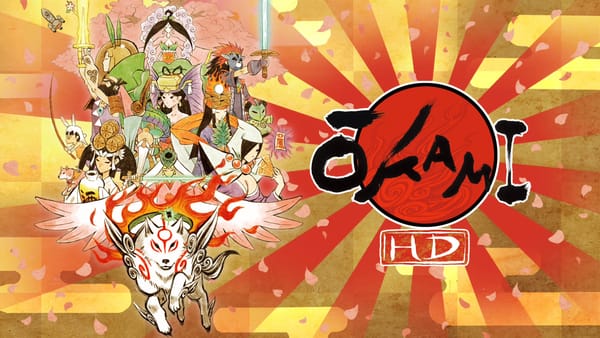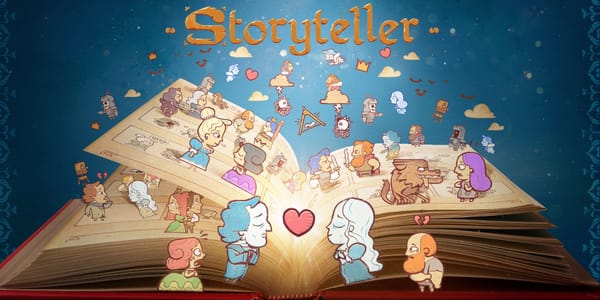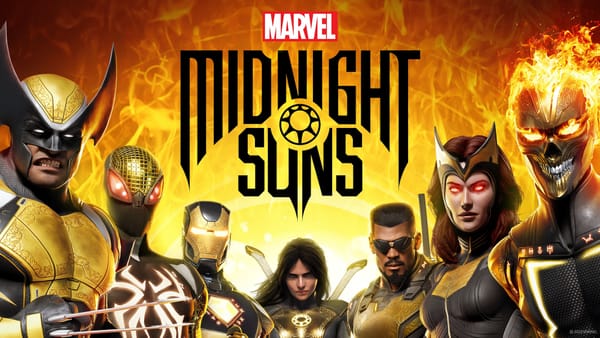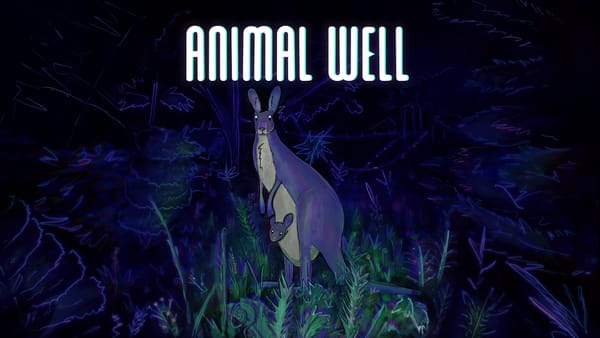Backlog draft about Triangle Strategy
Revise that title with an actual one—definitely don’t forget to do this
When I first heard about Triangle Strategy, the title sounded like a joke name, one that would surely be replaced before launch. As it turns out, Triangle Strategy’s title encapsulates a lot of what I love about the game, as well as what irritated and confounded me.
Kazuya Miyakawa, the director of the game, said the name came from two elements:
- The narrative can play out in multiple ways depending on how your choices affect the main character’s “convictions.”
- The fact that the game was a tactics-style game in the mode of Banner Saga or Fire Emblem: Three Houses.
A title this literal can’t help but recall something like Goat Simulator, but the latter’s moniker reflects its humorous tone. Triangle Strategy, by contrast, takes itself very seriously, even as its placeholder title points towards its lack of narrative coherence.
Placeholder title or no: the game is very fun. The tactics combat is satisfying and gives you the chance to guide a range of characters through a variety of well-designed maps using environmental features to your advantage. Triangle Strategy knows that combat is its best feature, and I found myself laughing aloud at how shoehorned in some of the battle sequences were: a few scenes of dialogue and suddenly an ambush. In the world of the game, you are infinitely more likely to get attacked by bandits than to receive meaningful backstory for any of its 30 characters.
Triangle Strategy’s system for managing this expansive bench of characters reveals that the game does not actually much care for them. Which characters appear in any given playthrough depends on the “conviction” system, whereby your actions and decisions give particular points towards morality, liberty, or utility.1 In theory, this system should offer an interesting tie between the player’s choice and the narrative experience, building out a team that matches your convictions. In practice, the system is as mystifying as it is interesting. Some choices have clear moral consequences: let a person go free or execute them. Since the game never tells you exactly how your choices affect your scores, though, I felt a dizzying sense of confusion when I petted a cat and received a pop-up telling me that my convictions were strengthened. Was this a meditation on cats’ sense of freedom? Or on the moral superiority of cats over dogs?
This hidden points system governs which characters arrive as well as when they return, subverting any narrative impact any one character might otherwise have. When a prominent hero sacrificed himself, the fact that his body was never recovered felt important. I kept waiting for him to return in a climactic narrative moment. Because of my mediocre convictions, though, he wandered into camp just before the last battle with no more fanfare than a dialogue sequence that amounted to, “Hope I’m not too late LOL!” Maybe the hero returned because I took the time to pet that cat.
This invisible system of character development left me feeling that individuals only matter as much as they intersect with the game’s real main characters: the three factions at the core of the game’s economic contest. If you’re interested in extended scheming around salt deposits, this is the game for you.2 The third act of the game makes the disinterest in individuals quite literal by way of a subplot that involves grinding up the bodies of an oppressed underclass for use in superweapons. An on-the-nose critique of capitalism? Sure. But throughout the narrative, the characters continually remind each other to trust in their convictions. This becomes a message to the player as well: “Trust us. This is going somewhere, and your choices matter.”
I’m onboard with an economic critique. I’m in a union, after all. Forty hours in, I decided to meet the game on its own merits. I would follow the path toward worker revolution, however flimsy that narrative might be.
In the end, my trust in the game’s sense of its own direction, its own convictions, felt misplaced. I was surprised to find my choice to follow the path towards class consciousness end with the nation plunged into chaos and flame.3 The game’s economic critique seemed to turn back upon itself into, confusingly, a smug takedown of organized labor. As I watched the nation crumble and the final credits rolled, the game’s title came up once more. Against the backdrop of blood and flame, though, the title felt less placeholder and more punchline.4 What choices brought me here? Triangle Strategy! Did any of my convictions actually matter? Triangle Strategy! Ultimately, the game fulfills exactly as much as the title promises and nothing more: the strategic elements are engaging, and there are different narrative paths to play out. Beyond that, the game’s geometry is a hollow core that never takes shape.
If you manage to accumulate 1600 morality, for example, a singing, anthropomorphic barrel will wander into your camp and join you. Makes sense! ↩
The story makes the same missteps as the Star Wars prequel trilogy by assuming a weird fascination with economic politics and trade embargoes. ↩
Except for the folks I helped rebel. They started a nice little waterfront community away from all that nonsense. ↩
Specifically the “The Aristocrats,” where a particularly chaotic joke builds towards a non sequitur that has nothing to do with the joke. ↩




